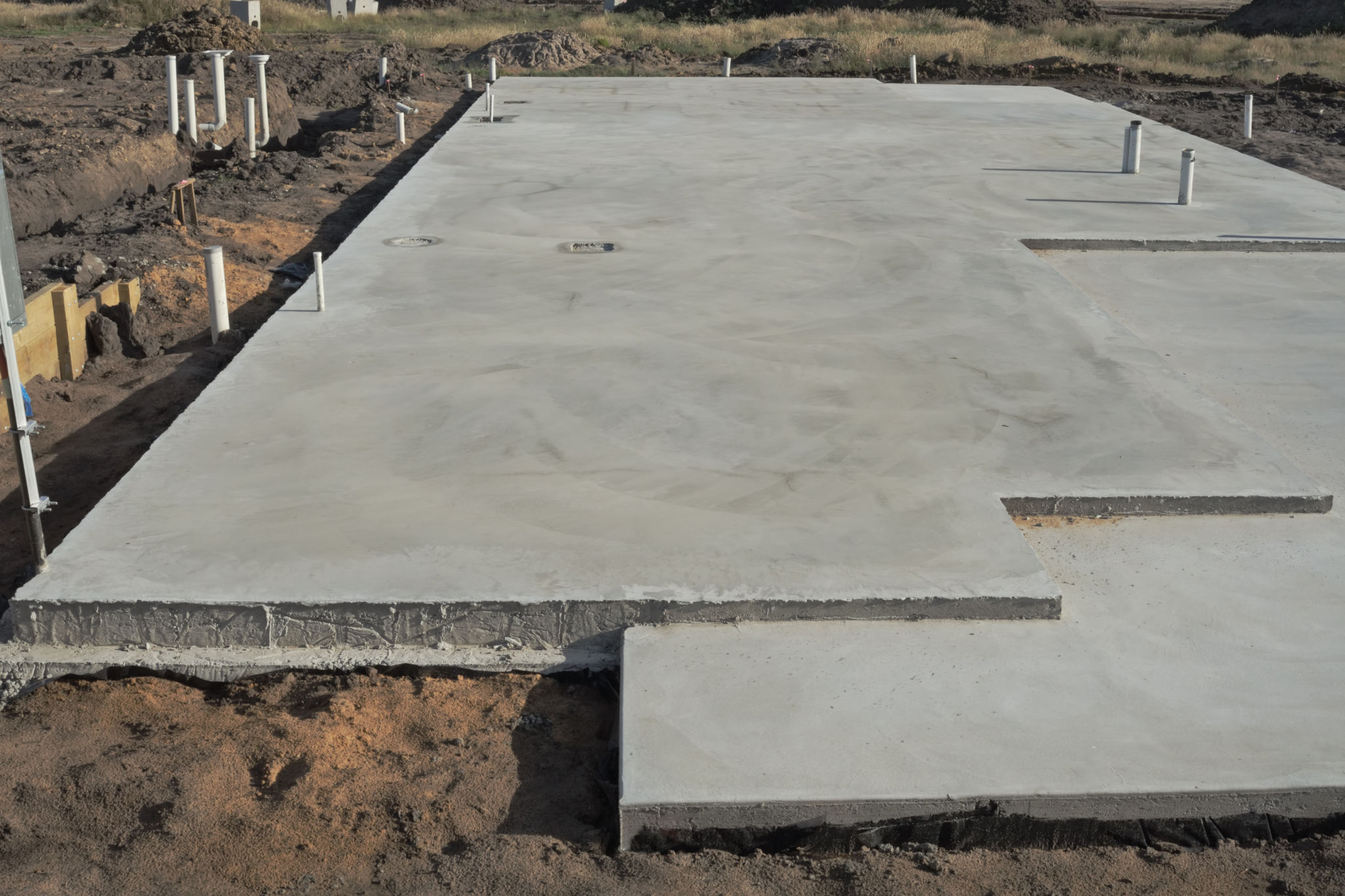Essential Construction Techniques for Residential Projects
Introduction to Residential Construction
Residential construction is a complex process that requires a blend of creativity, technical expertise, and project management skills. Whether you're building a new home or renovating an existing structure, understanding the essential techniques can help ensure the success of your project. In this blog post, we'll explore some key construction techniques that are critical for residential projects.

Site Preparation and Planning
The first step in any construction project is thorough site preparation and planning. This involves assessing the land to ensure it is suitable for building, as well as creating detailed plans and blueprints. A well-thought-out plan can prevent costly mistakes and delays, setting the foundation for a successful project.
Site preparation may include clearing vegetation, leveling the ground, and ensuring proper drainage. It's also essential to obtain any necessary permits and adhere to local zoning laws. Taking the time to prepare effectively can help avoid issues down the line.
Foundation Techniques
The foundation is arguably the most crucial part of any residential construction project. It supports the entire structure and must be designed to withstand environmental pressures. Common foundation types include slab-on-grade, crawl spaces, and full basements. Each has its own advantages and is chosen based on the site's characteristics and the building's design.
Proper foundation techniques involve ensuring stability, insulation, and moisture resistance. It's vital to work with skilled professionals to ensure the foundation is laid correctly, as any errors could lead to structural issues in the future.

Framing and Structural Integrity
Once the foundation is in place, the next step is framing. This process involves constructing the skeleton of the house using materials like wood or steel. Framing determines the shape and layout of the building and provides support for the roof, walls, and floors.
Attention to detail during framing can enhance the structural integrity of the home. Properly framed structures are more resilient to natural forces like wind and earthquakes. Using high-quality materials and precise measurements is crucial for ensuring long-term durability.
Roofing and Weatherproofing
A strong roof is vital for protecting a home from the elements. Roofing techniques vary based on climate, design preferences, and budget. Common roofing materials include asphalt shingles, metal, clay tiles, and slate. Each material offers different benefits in terms of durability, aesthetics, and cost.
Weatherproofing extends beyond just roofing; it involves sealing windows, doors, and any other openings to prevent water infiltration. Proper insulation also plays a role in maintaining energy efficiency and comfort within the home.

Electrical and Plumbing Systems
Modern residential projects require efficient electrical and plumbing systems to ensure functionality and safety. These systems must be carefully integrated into the construction process, adhering to building codes and regulations.
Electrical systems should provide adequate power distribution throughout the home while incorporating safety features like circuit breakers. Plumbing systems must ensure a reliable water supply and drainage system without leaks or pressure issues. Professional installation is key to avoiding future maintenance problems.
Conclusion
Understanding essential construction techniques is fundamental for anyone involved in a residential project. From site preparation to finishing touches, each step requires careful consideration and expertise. By employing these techniques, homeowners can create safe, durable, and aesthetically pleasing residences that stand the test of time.
For those embarking on a residential construction journey, partnering with experienced professionals can make all the difference. Their knowledge and skills will guide you through each stage of the process, ensuring that your vision becomes a reality.